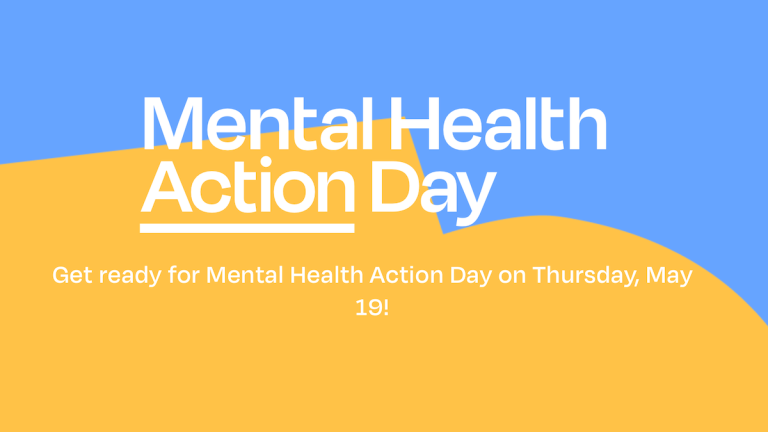Category: Healthy Athletes
-

November is Diabetes Awareness Month
During the month of November, Special Olympics Pennsylvania (SOPA) is recognizing Diabetes Awareness Month by helping athletes learn about and prevent diabetes melitus (DM). DM is one of the most common diseases among Americans and affects those with intellectual disability at a much greater rate. Those with intellectual disabilities tend to receive fewer diabetes exams…
-

Mental Health Action Day
On May 20, we are proud to join forces with MTV and hundreds of global brands, cultural leaders and other nonprofit organizations for the first ever Mental Health Action Day. Our goal is to help athletes make emotional well-being a priority. There are many tools available to assist you or your loved ones in promoting well-being,…
-

Inclusive Health Spotlight: Columbia/Montour Walking Club
We are so proud of our Special Olympics Pennsylvania athletes, families and volunteers in Columbia/Montour who have been coming together almost every week to participate in a walking club led by Athlete Leaders. What began as a group of friends walking together in the mall has now become a wonderful addition to their trainings and…


